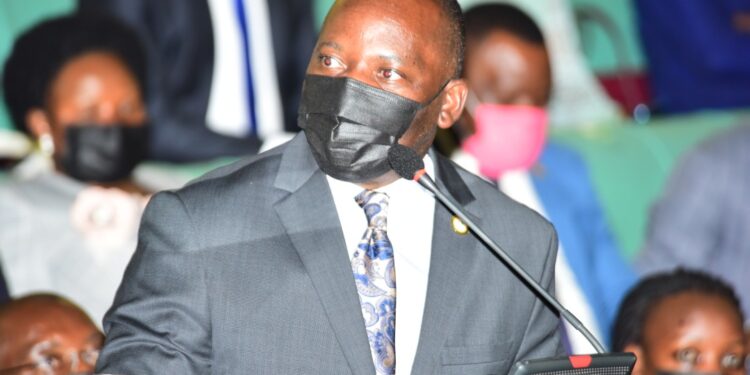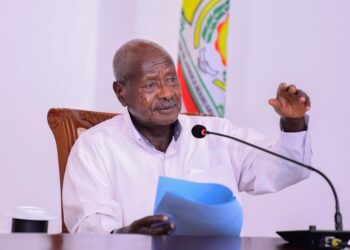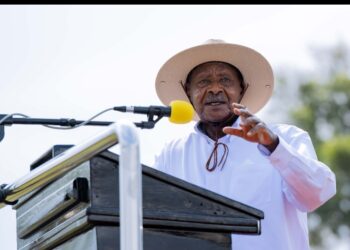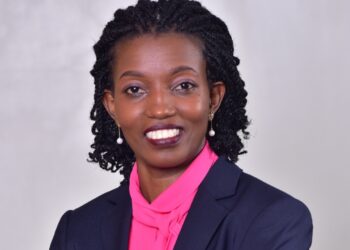Government has been urged to allow private schools access a defined percentage of the already disbursed US $285 million capitation grant for renovation of schools in preparation for teaching and learning.
The Minister for Education and Sports recently announced that all schools in the country would reopen in January 2022 following a two-year lockdown of academic institutions due to the Covid-19 pandemic.
While presenting a statement on the current state of Uganda’s education sector, the Leader of the Opposition, Hon. Mathias Mpuuga, said disbursement of the funds will help school administrators to pay for outstanding bills and make procurements as they prepare for the new term.
The LOP made the presentation during a plenary sitting on Tuesday, 07 December 2021.
He noted that the small business recovery fund proposed to Parliament by the Education Ministry was insufficient to accommodate loan requests from the high number of schools requiring financial support.
“This same capitation grant should be used to procure temperature guns, hand washing soap and other sanitary facilities like water tanks which will be used in the adherence of the Covid SOPs,” the LOP added.
Mpuuga called for a review of the taxation policy to offer relief to private educational institutions for at least a year, which will free resources of indebted institutions towards fulfilling loan obligations and facilitate reinvestment into the education sector.
He also called on Government to present to Parliament a comprehensive resurgence plan for the education sector, indicating the actual dates when schools will reopen, which will guide the appropriations of required funds.
Mpuuga also recommended a revamp of the school inspection programme at Local Government level to ensure responsive and continued human capital development.
“The comprehensive resurgence plan presented to Parliament should include clear policy guidelines on teacher qualification upgrade and how current in-post teachers in private schools will be supported to attain the new set of minimum academic qualifications of a degree,” he said.
In March 2021, the Education Ministry spokesperson announced the phasing out of recruiting certificate and diploma holder teachers, who form the single largest formal employee category in Uganda.
Mpuuga told legislators that compelling private school teachers who have spent almost two years without formal earnings to acquire graduate qualifications was an unfair policy shift.
“Madam Speaker, requiring primary and secondary teachers to possess a degree comes with a responsibility for Government to technically and financially support both private and public schools to undertake graduate training.”
The Deputy Speaker, Anita Among, observed that the challenges facing the education sector were largely attributed to the Covid-19 pandemic. She commended the President and Minister for Education and Sports for providing leadership through the period.
“If we want our children to go back to school, we need to continue mobilising people to get vaccinated and follow SOPs issued by the Health Ministry. If the third wave comes, it will be bad for our country,” said Among.
The State Minister for Primary Healthcare , Joyce Moriku, said the Ministry is undertaking some of the recommendations offered by the Leader of the Opposition.
“We are working on having safe and sustainable re-opening of schools. I would like to assure this August House that in January 2022, all schools will reopen. We have to work together to see that the huge population of students will sustain the schools, all done in a safe manner,” Moriku said.
Do you have a story in your community or an opinion to share with us: Email us at editorial@watchdoguganda.com













